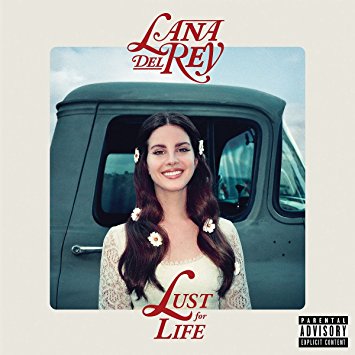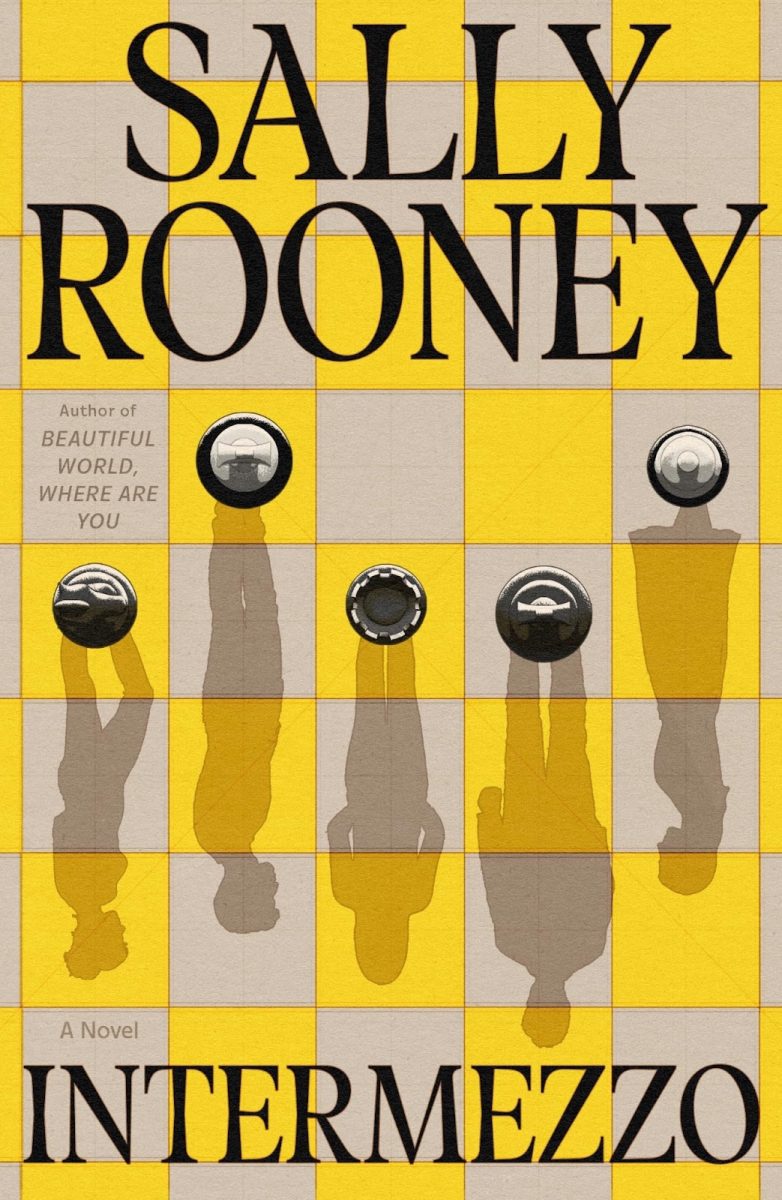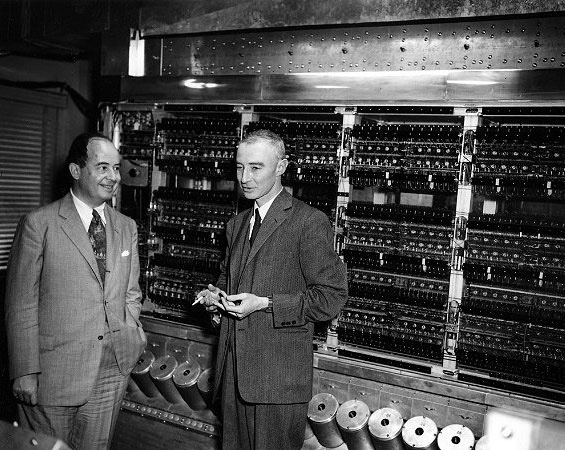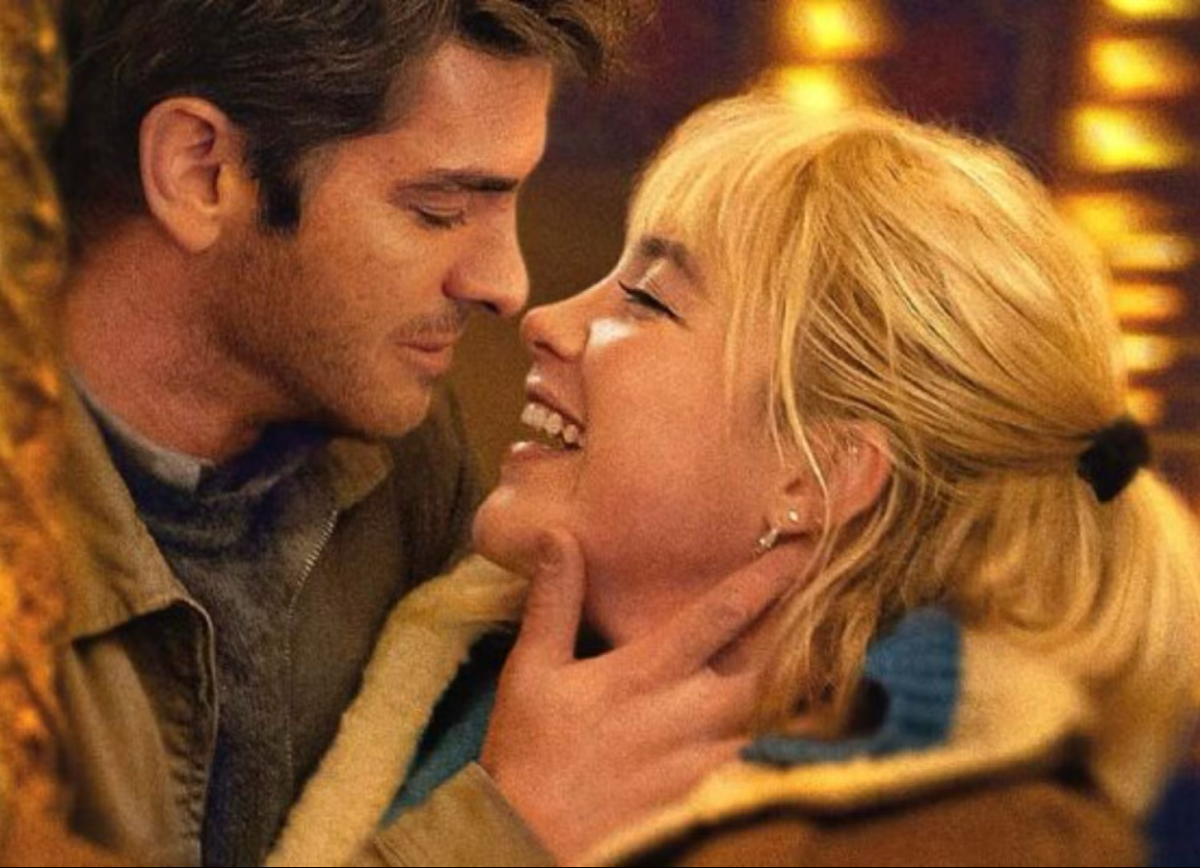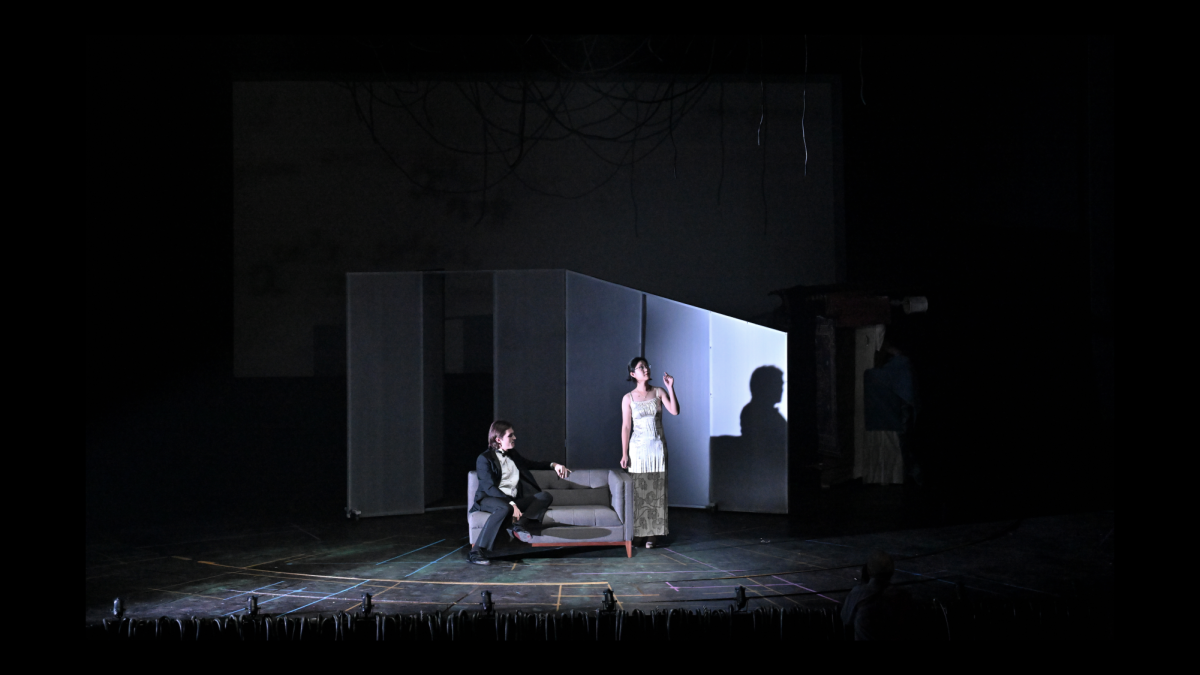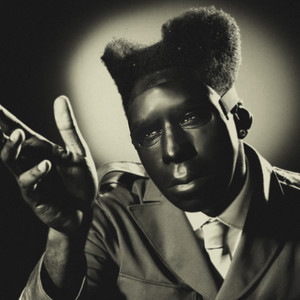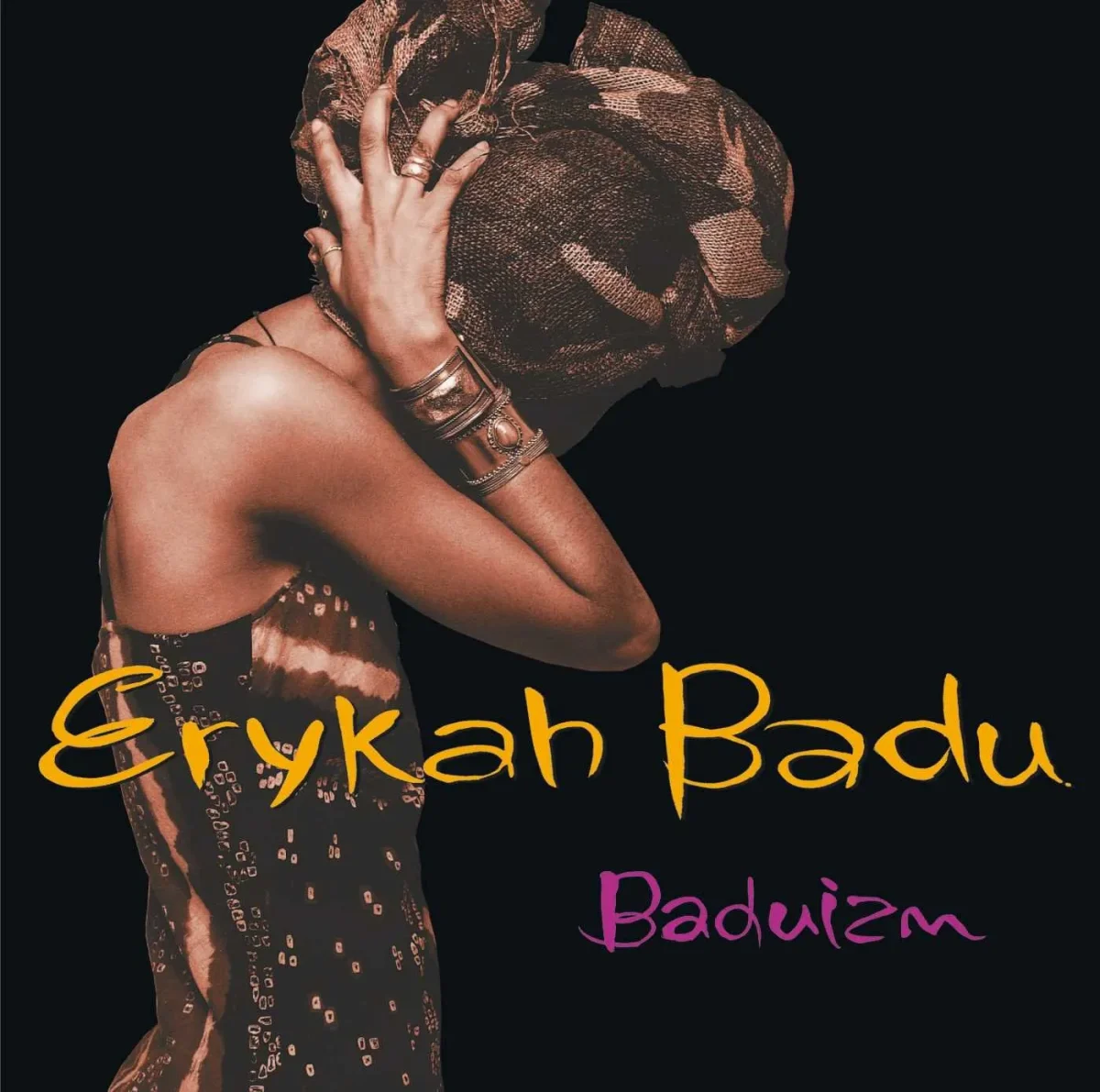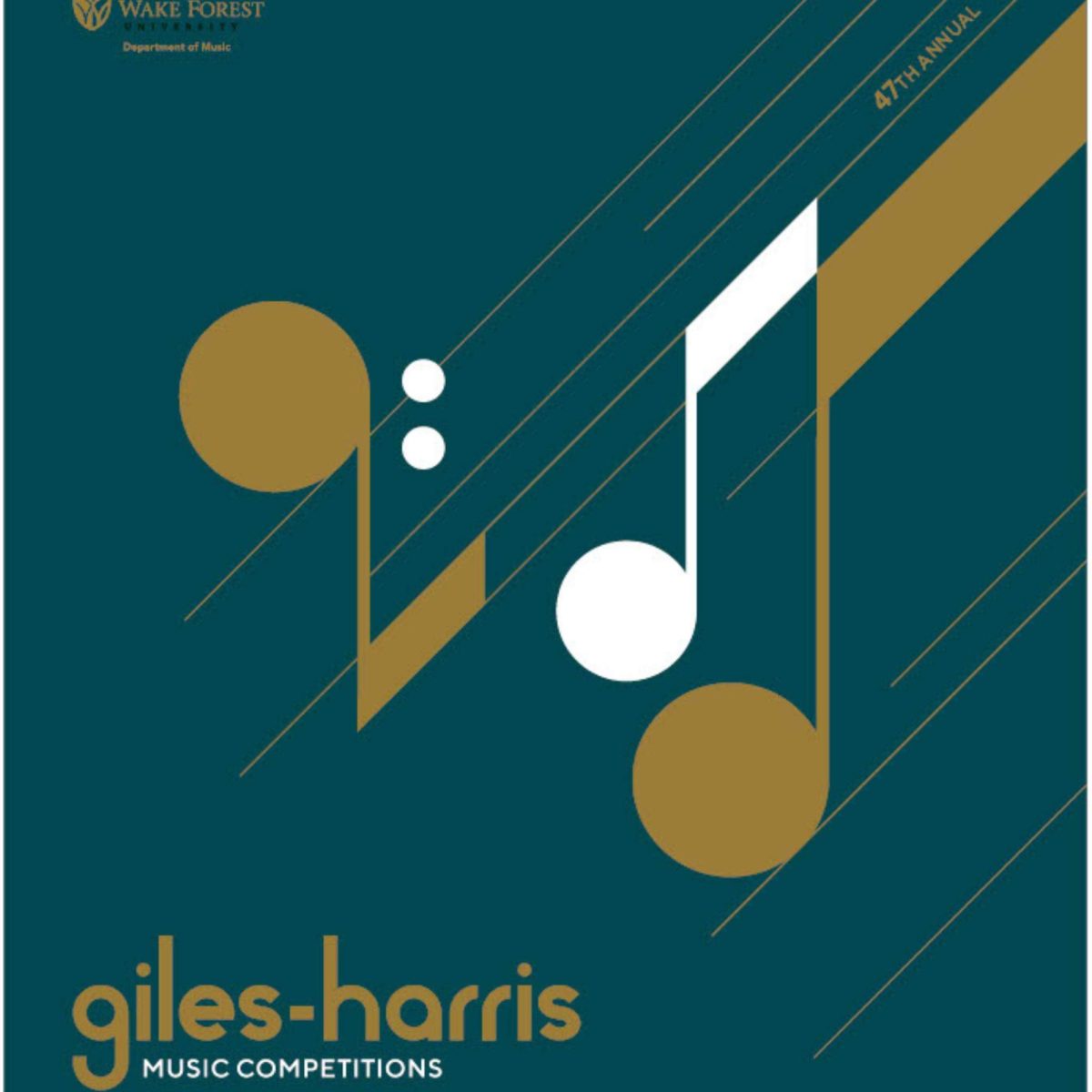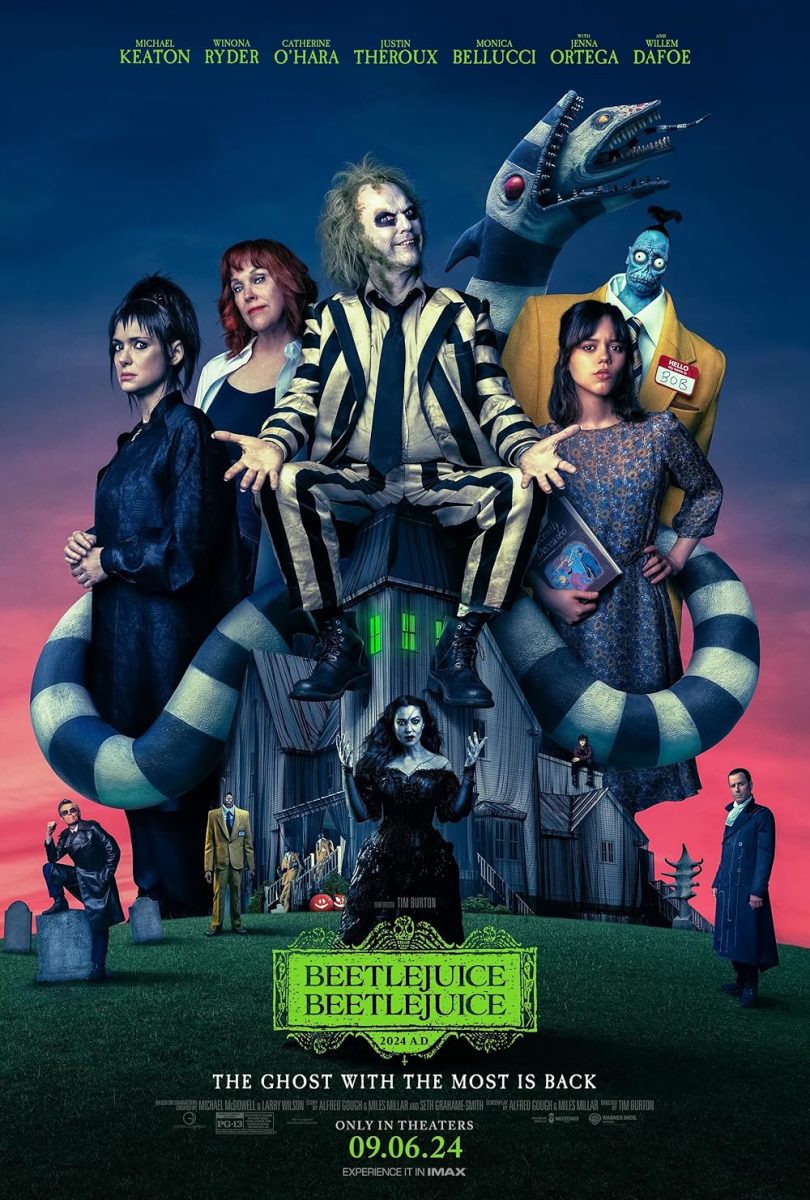Since the video for her single “Video Games” went viral in 2011, Lana del Rey has established herself as the go-to tragic, femme fatale, alternative-pop singer of our era.
She regularly sings about Hollywood, drugs, doomed relationships and identity crises. She certainly has found a niche for herself: her hip-hop influenced, electric guitar embellished, darkly cinematic songs with moody and even downright disturbing lyrics are easily recognizable. Del Rey’s new album “Lust for Life” continues to employ these familiar tactics while expanding her point of view. While del Rey’s former albums have focused on her persona, she acknowledges in “Lust for Life” that there are bigger concerns outside of her bad-boy Hollywood bubble.
“Lust for Life” opens with the single “Love,” a hopeful song in which del Rey reflects on the attitude of today’s youth and the common desire to be in love and be loved. The title track “Lust for Life,” featuring The Weeknd, counters del Rey’s former cynicism in favor of celebrating life’s possibilities. “Cherry” is catchy and biting, utilyzing hip-hop influences to create a sense of agitated longing. “White Mustang” is one of my particular favorites from the album. Like “13 Beaches,” its beauty is in its simplicity, and it has an absolutely gorgeous melody and hook.
“Summer Bummer” and “Groupie Love,” featuring A$AP Rocky, are familiar in theme but are enhanced in style by A$AP Rocky’s contributions. Where del Rey has often playing hopeless damsel in distress in the past, “In My Feelings” shows her baring her teeth at her troubled ex-lover. “Coachella — Woodstock On My Mind” is a reflection on the privilege she experiences in the midst of international tensions. “God Bless America — And All of the Beautiful Women In It” is rather tongue-in-cheek, although the track clearly celebrates women. The two gun shots that sound after she sings “God Bless America” are telling. “When The World Was At World We Kept Dancing” has a gorgeous, ethereal chorus, and seems to be a call to action.
However, I wasn’t particularly impressed by her collaborations with Stevie Nicks, “Beautiful People Beautiful Problems,” and Sean Ono Lennon, “Tomorrow Never Came.” They aren’t bad, but they aren’t outstanding or very interesting either. “Heroin,” with its hard-hitting songwriting, disturbing but interesting references and a startling but catchy chorus, is my favorite song on the album. In “Change,” del Rey describes some of the insights she’s had and how she’s become more willing to consider other perspectives and change her thoughts and behavior. “Get Free” is hard for me to listen to because I think it sounds too much like “Creep” by Radiohead, which I’m sure was the intention, but I think it was overdone.
Overall, more so than any of her other albums, “Lust for Life” reflects its time period, in addition to del Rey’s usual themes of hedonism, isolation, failing relationships and introspection. In addition, she seems to have a sense of hope and optimism not found in her previous works as she reflects on what she can to do help our world in this tumultuous time.


